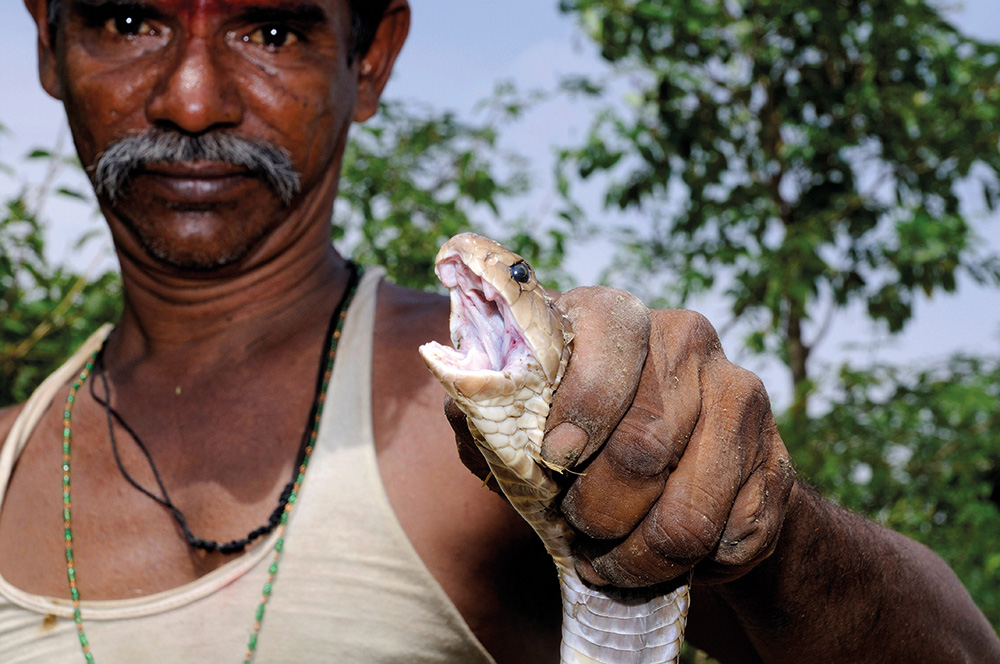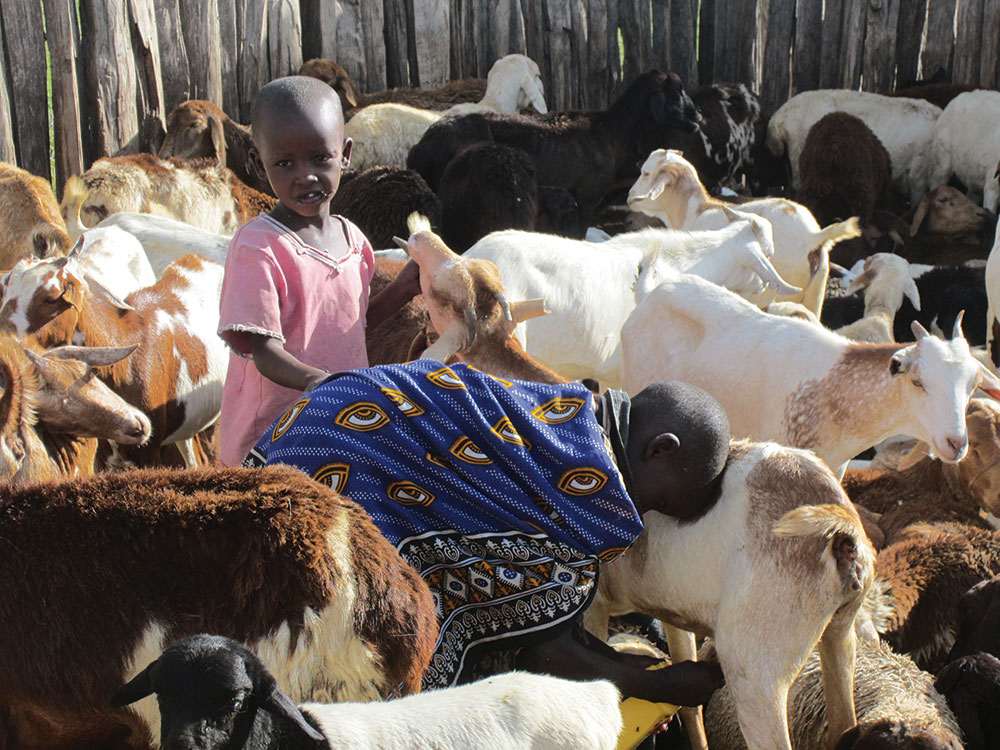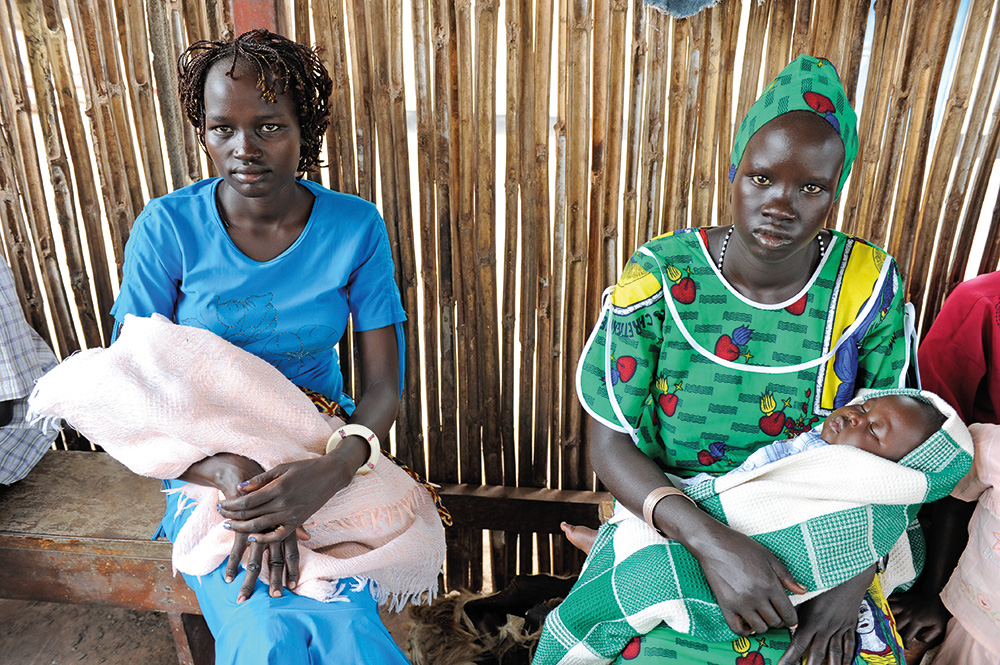DLG-Verlag was founded in 1952 as a subsidiary of DLG e.V. (Deutsche Landwirtschafts-Gesellschaft - German Agricultural Society) with its headquarter in Frankfurt/ Germany. The publishing company provides expertise for the agricultural and food sector.
With its subsidiaries Max-Eyth-Verlag and DLG-Agrofood Medien GmbH the DLG-Verlag offers books and magazines, as well as catalogs of the DLG's international DLG exhibitions.
Members:
Resources
Displaying 91 - 95 of 316Sprouts and microgreens for a nutritious diet
Recent studies have shown that modern breeding for high yield, visual appearance and long shelf life led to an unintentional decline in taste and the content of essential nutrients in vegetables. AVRDC – The World Vegetable Center is studying whether traditional vegetables are more nutritious than modern varieties and whether early growth stages of these vegetables offer consumers a higher content of phytonutrients.
Food security, agricultural policy and the role of small-scale farms
Increasing prices for agricultural commodities offer a historic opportunity to intensify production systems for small-scale farmers in many developing countries. But without agricultural policies supporting them in making use of this opportunity, many of them would lose their access to land and income, resulting in aggravated food insecurity.
FAO’s Monitoring African Food and Agricultural Policies initiative
Policy-makers often lack information and analytical capacity to effectively monitor how policies impact on different stakeholders. The MAFAP initiative of the Food and Agriculture Organization seeks to bridge this gap.
Providing an enabling environment
The basic role for agricultural policies consists of providing the core investments and services that farmers need to develop their operations into viable farm businesses. Focusing on the sector’s enabling environment benefits both agriculture and the wider rural economy, facilitating the construction of diversified rural economies. Such policies are likely to be more effective in the long term than subsidies or market interventions, which have the opposite tendency.
Envisaging alternative futures for African agriculture
The Future Agricultures Consortium was established in 2005 with support from the UK Department for International Development (DFID) as a learning alliance of leading African and UK-based research organisations. The Consortium provides independent analysis and advice for improving agricultural policy-making. The aim is to encourage critical debate and policy dialogue on the future of agriculture in Africa, elaborating the practical and policy challenges of establishing and sustaining pro-poor agricultural growth.






